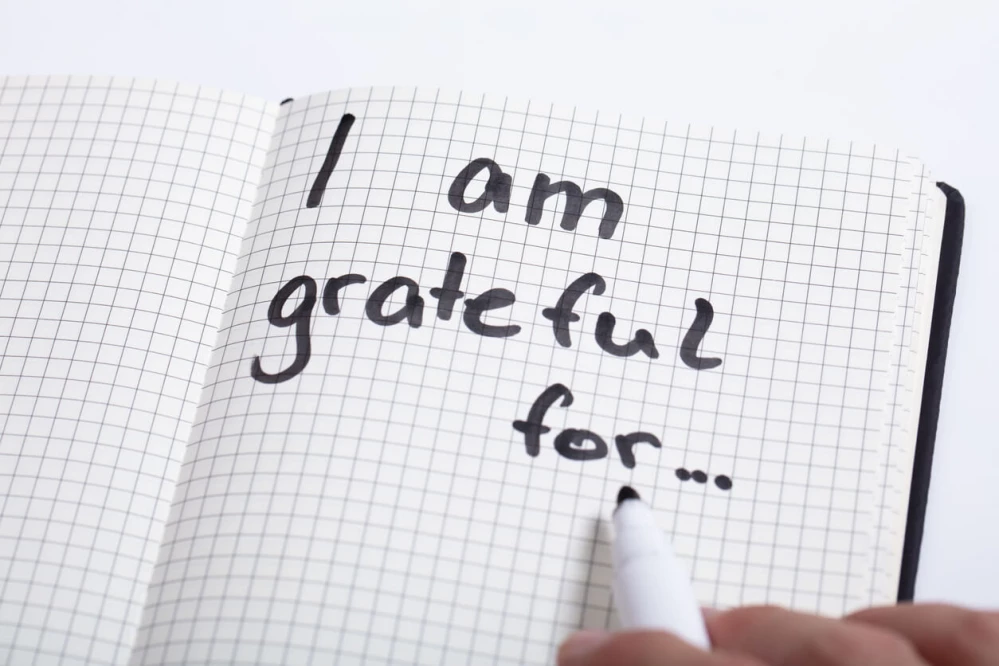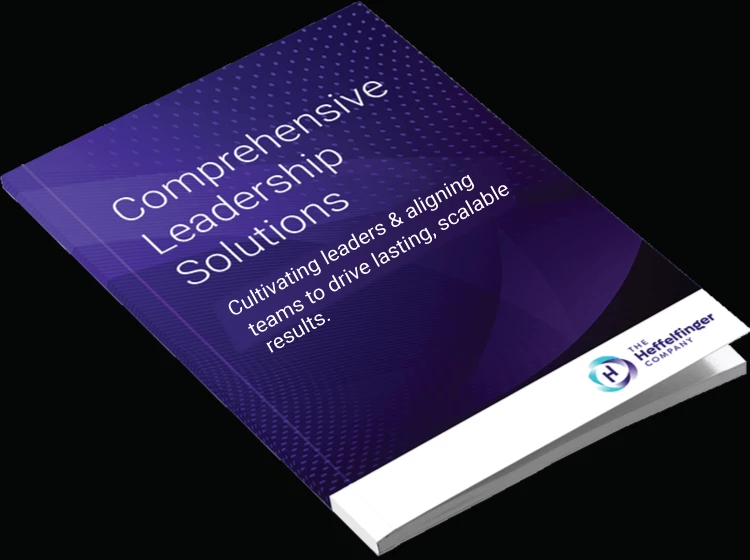“There is no scientific study more vital to man than the study of his own brain. Our entire view of the universe depends upon it.” ~ Francis Crick
As the COVID-19 Pandemic continues to scourge the world we find ourselves faced with choices that we may never have had to make in our lifetimes. Whether to go to work and risk getting sick or getting someone else sick, to stay home and not make the money we need to survive and thrive, let/force our employees to come into work to manufacture, test, sell, deliver, and provide services in performing the work of our businesses. Yes, all this weighs heavy on our minds. We may have been trained to live in times of adversity; however, this may seem worse than anything we have ever faced before. We may be asking why am I having so much trouble focusing? Why is everyone “freaking out?” Why are our civic leaders struggling so much and making contradictory statements?
I have been looking for decent if not good answers to those questions. I believe that Neuroscience can help us answer them AND give us some actions to take as leaders. In this article, we will discuss the S.C.A.R.F. Model developed in 2008 by David Rock, in his paper "SCARF: A Brain-Based Model for Collaborating with and Influencing Others."
SCARF is an acronym for the five key "domains" that influence our behavior in social situations. It can support us to 1) Understand our reactions to the actions of others; 2) Better regulate our emotions; 3) Better communicate our needs to others.
The model is based on neuroscience research that implies that these five social domains activate the threat and reward responses in our brain that we rely on for physical survival. This "primitive" reaction helps to explain the strong emotional reactions that we can have to social situations and why it is often difficult to control them. These are primal instincts that, unfortunately, most of us cannot just "turn off." Furthermore, when we feel threatened, either physically, emotionally, or socially, the release of cortisol ("stress hormone") affects our creativity and productivity. We cannot think straight, and this increases the feeling of being threatened.
STATUS: Relative importance to others (e.g. “pecking order”). The feeling of a potential or real reduction in status can create a strong threat response. Perceived improvement in status activates or “lights up” your brain more than a monetary reward. Feedback can have the same effect depending on how we perceive the feedback message. In our current crisis, our economic and social status can be challenged daily.
CERTAINTY: Our ability to predict the future. The brain is constantly trying to predict the near future. Even a small amount of uncertainty generates an “error” response. Removing ambiguity as much as possible reduces threat signals to you and your team, or your organization. The current situation can cause us to experience a threat response because we do not know the future nor do our community or country leaders! Our medical and political leaders know little about the virus.
AUTONOMY: Perception of having control over one’s environment. The feeling of having a choice influences stress levels. We need to know that we have choices, even if they are limited. No perceived or real choice equates to high stress, no control, and no autonomy. Autonomy compares to regaining control, and usually, in such circumstances, stress levels drop dramatically. Currently, we have mandated controls that drastically reduce or even end our freedom of movement and thus our autonomy. We must work from home, we cannot go on vacation, etc. We see people acting out and will see more of this as the lockdowns continue.
RELATEDNESS: Feeling of security/safety by being related to others (e.g. whether someone is friend or foe). The sense of belonging to a group is important. Collaborating and sharing information are closely tied to the level of trust. Currently, we are social distancing (We prefer the term “physical distancing” for just this reason.) and working from home making collaboration a challenge while we learn new ways to satisfy our need for relatedness. We see many people getting on video conferences and video calls to improve their relatedness whether they know this is the reason or not.
FAIRNESS: Feelings that we are treated fairly or unfairly in interactions. Continual communications that are transparent with clear expectations and/or being fair and equitable in a trade can activate a reward experience while poor and unclear communications or an unfair and inequitable trade can activate a threat response. In organizations, the perception of the lack of fairness due to people being out-of-the-loop and/or given unclear expectations can create a threat response in people that can cause them to leave or shut down. This is the same reaction we see in children (and adults) when they say, “That is not fair, I am taking my ball and going home!” Currently, we can feel a loss of fairness, some of us can work from home, some cannot; some of us get sick, some die, some are asymptomatic and yet contagious. What is fair about this coronavirus situation?!
How are my SCARF Domains affected during this time?
Our roles as business partners and life partners crisscross on a daily and occasionally hourly basis. Lori and I work two floors apart in our home and have done so for five and a half years, nothing new. However, we used to leave the house for meetings with clients, giving us both some space and alone time (in LA traffic) – no more!
The certainty of our business is challenged along with everyone else right now. We have business today, but will we have it next month? We are creating great products and services, but will our clients have enough business to afford us? (We will be married at the end of this, no uncertainty there!)
Lori is used to calling the shots for the consulting business; I used to call the shots in my old business, as partners we have our roles in which we call the shots but still need to keep each other informed and occasionally get each other’s ok. And we forget, in the heat of the situation with clients, partners, vendors, and subcontractors, this, of course, can be perceived internally as a loss of autonomy for one or both of us.
We are using Zoom all day long to be related to our clients and team members, family and friends and can forget that at the end of the day we need to be related to each other. More tension…
We live together and are quarantining together and still forget to be related, which activates my fairness domain, it is not fair that we are too tired to be related to each other.
And then, of course, there are the dishes!
Activity: What domains are most affected or activated for you? What is supporting you? How are you moving toward or away? We invite you to take this poll to share what you are finding, and we will share the results. Please complete this simple survey and we will share the summary results of all our respondents. Who knows, maybe you will get some innovative ideas to add to your own.
May you be healthy.
May you be happy.
May you find ease.
James & Lori
James Jackman & Lori Heffelfinger
References and resources:
White paper by David Rock: SCARF: a brain-based model for collaborating with and influencing others
Slide deck from Zen Friday on April 10th: SCARF MODEL - ZEN FRIDAYS







